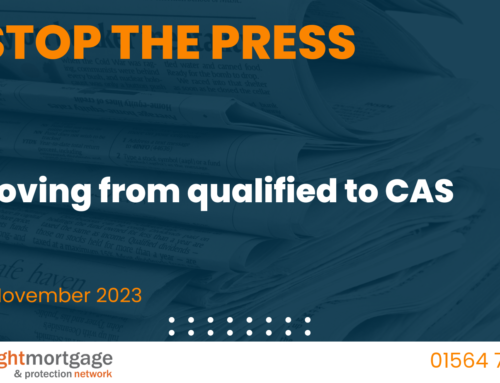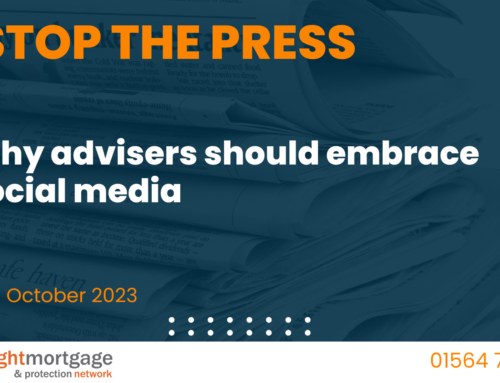by Ross Jackson, Senior Protection Marketing Manager
In July’s budget this year, George Osborne proposed freezing many working age benefits and making more cuts to welfare benefits.1
The continued changes in the benefits system really plays into the hands of the advised protection sale. Highlighting that the state simply doesn’t provide enough to meet the lifestyle your clients currently have is something the online sale just can’t compete with.
Most of us don’t know what benefits there are because it’s just not something that’s on our radar. And it’s only once we need to make a claim that we appreciate the complexity of the benefits minefield that lies before us. Many of us have no idea what we’re entitled to, how to get it and how much that means in terms of financial help.
This next wave of proposed reductions is likely to affect tax credits, Universal Credit and Support for Mortgage Interest. The changes will undoubtedly affect those already on benefits and those who can’t work because of long-term illness or injury. If the state is going to provide less, how will your clients survive without protection in place if the worst should happen to them?
These proposals may have largely passed many of the working population by. We often overlook or underestimate just how quickly we might need state help if we became ill for any length of time. If we’re permanently employed, our first thoughts for help might be with the employer. Knowing we’ve had sick pay in the past, we’re likely to rely on it again. But do your clients know how long that will last? Even the most generous of employers usually only give a maximum of 6 months’ full pay before cutting it to half. And then what?
Research shows the average working family would manage for just 14 days if they had to rely on savings to support them.2 That’s not long if your clients have a family to support. And it’s at this point, when their savings run out, that your clients are likely to believe that the state will provide.
Applying for benefits can be a lengthy process, taking up to 2 weeks to get the application form for tax credits and 6 weeks for Universal Credit payments to start.1 You can’t claim Universal Credit if you have a mortgage or earn over £80 a week.3 And tax credits are equally hard to get. As an example, for a working couple with 2 children, tax credits will only start once their joint income falls below £30,000 a year1. And then the maximum amount they’re entitled to is just £410 a year.1 Adding this onto the £88.45 a week Statutory Sick Pay1 still isn’t going to meet the average weekly salary of £463 a week, excluding bonuses.4
However, by suggesting clients supplement potential benefit payments with even a small amount of income protection could make a difference. It could reduce the financial stress of their recovery, allowing them to concentrate on getting well again. Who knows, these continued benefit cuts might be the opportunity we’ve been looking for to demonstrate the real value of protection.
Sources: 1 – www.gov.uk, August 2015; 2 – Deadline to the Breadline 2014, Legal and General; 3 – www.entitledto.com, September 2015, 4 – www.themoneycharity.com, September 2015, figures quoted for June 2015




